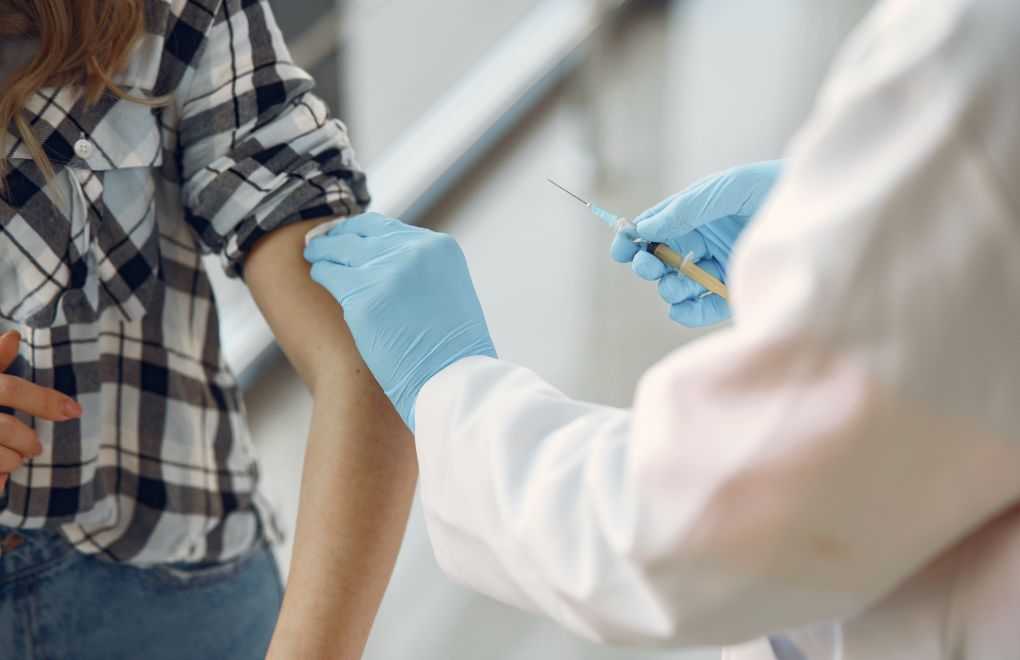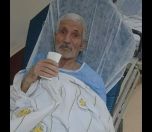Click to read the article in Turkish
The Ankara Medical Chamber and the Ankara Branch of the Health and Social Service Laborers' Union (SES) have released a joint written statement titled "Right to Healthcare in Prisons is a Human Right".
The organizations have raised concerns that the violations in prisons have been exacerbated by the novel coronavirus (COVID-19) pandemic, underlining that treatments have been interrupted as well.
The statement has stressed that "the state is obliged to meet all needs of all prisoners in prisons, especially their access to healthcare, as it is obliged to do so for everyone under its protection and governance."
The organizations have also asked about the COVID-19 vaccination rates of both prisoners and prison personnel in Turkey. Underlining that there is no approximate data as to their vaccination rates, they have urged the Ministry of Justice to share the related data with them.
According to the latest statement of the Human Rights Association (İHD), there are around 300 thousand arrested and convicted prisoners in Turkey. While 1,605 are ill, 604 ill prisoners are in serious condition.
'A grave picture in oral and dental health'
The statement has listed the problems encountered in accessing the right to healthcare in prisons briefly as follows:
"The high number of arrested and convicted prisoners is among the major causes behind the problems encountered in accessing the right to healthcare in prisons, apart from administrative problems.
One of the biggest obstacles to ill prisoners' and convicts' access to right to healthcare is that they are forced to undergo examination and treatment in handcuffs. Several prisoners have to go back to prison without being treated for this reason.
"Referrals to hospitals are not done or delayed on several grounds such as security issues outside, lack of funds and pandemic.
"The situation is all the more drastic for the ones having oral and dental health problems in prisons. In most prisons, there is either no or limited number of medical equipment, dentists and allied health personnel.
"There is an insufficient number of oral and dental health centers in Turkey and there are major problems with referrals to these centers.
'Hygiene problem is a risk factor for diseases'
"There are difficulties faced by chronically ill prisoners in receiving diet food as well as problems faced by prisoners concerning the nutritive value and amount of normal food and access to clean water."
Concluding the statement, the organizations have cited a series of other problems with heating, the failure to give no or limited amount of cleaning products necessary for personal cleanliness and hygiene, the shared use of these products and problems with accessing hot water.
They have underlined that these problems are "a risk factor in terms of both the cleanliness and hygiene of prisoners and prisons and contagious diseases." (AS/SD)








